Xhosa Dresses Reflecting the Spirit of 2024


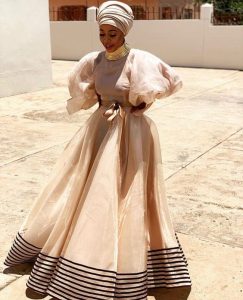



Honoring Heritage, Embracing Innovation: Xhosa dresses have long been revered for their exquisite craftsmanship and timeless beauty. Rooted in the rich heritage of the Xhosa people of South Africa, these dresses have served as symbols of cultural pride and identity for generations. In 2024, while honoring their cultural roots, Xhosa dresses are also embracing innovation and adaptation. Designers are infusing traditional designs with modern elements, resulting in a fresh interpretation of Xhosa attire that resonates with contemporary fashion sensibilities.


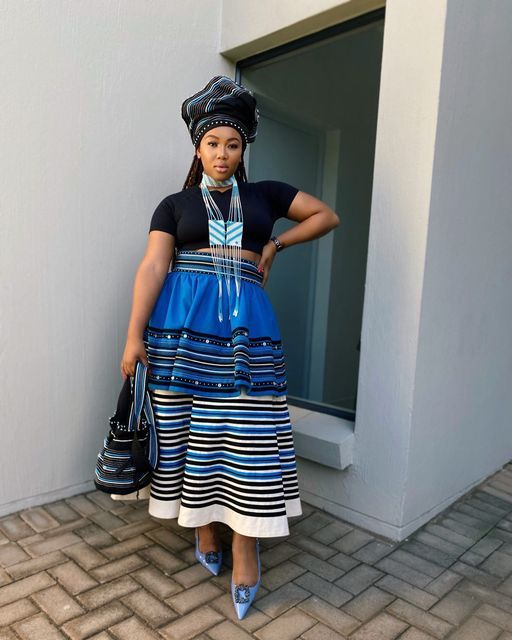
Contemporary Styles, Traditional Flair: In the spirit of 2024, Xhosa dresses are embracing a range of contemporary styles while retaining their traditional flair. From sleek and streamlined silhouettes to bold and vibrant patterns, Xhosa dresses are making a statement on runways, red carpets, and social gatherings alike. Designers are experimenting with new fabrics, colors, and embellishments, creating Xhosa dresses that are both elegant and fashion-forward, reflecting the dynamic nature of modern African fashion.



Cultural Identity and Empowerment: Xhosa dresses play a crucial role in celebrating cultural identity and empowering communities. In 2024, wearing a Xhosa dress is more than just a fashion choice; it is a declaration of pride in one’s heritage and a celebration of African culture. As Xhosa dresses gain visibility on the global stage, they serve as ambassadors of African fashion, challenging stereotypes and showcasing the creativity and craftsmanship of African designers.

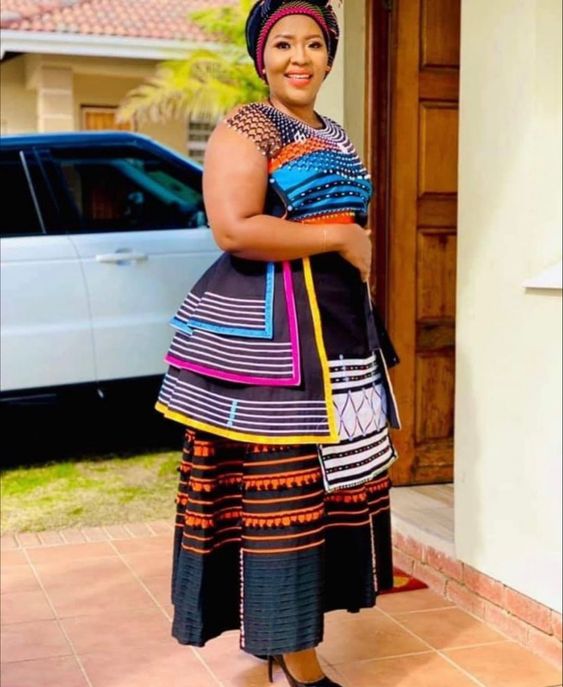
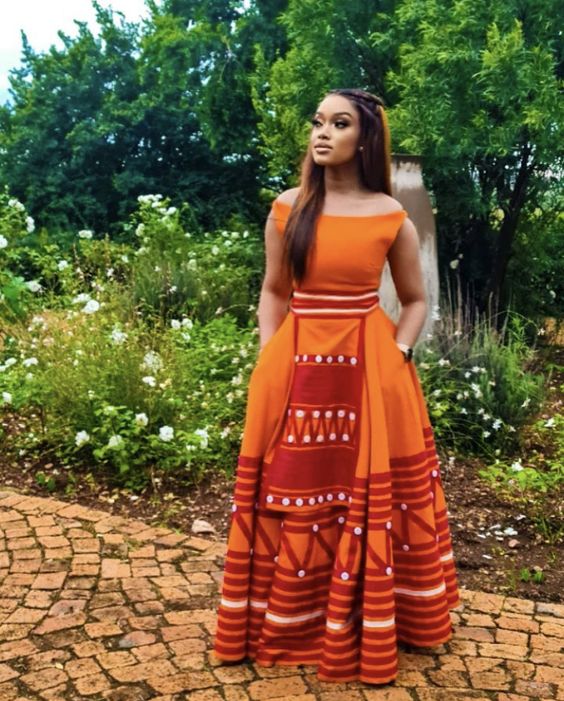
Inclusivity and Representation: In the spirit of inclusivity and representation, Xhosa dresses are being embraced by people of diverse backgrounds and cultures. In 2024, the fashion world is increasingly recognizing the beauty and significance of Xhosa attire, incorporating it into mainstream fashion and media. This growing visibility not only celebrates African culture but also fosters greater understanding and appreciation for the diversity of global fashion traditions.
Xhosa Dresses Reflecting the Spirit of 2024
Conclusion: As we embark on a new year, Xhosa dresses continue to captivate hearts and minds with their timeless elegance and cultural significance. In 2024, these dresses are not just garments; they are symbols of resilience, creativity, and celebration. By reflecting the spirit of the times while honoring age-old traditions, Xhosa dresses embody the dynamic evolution of African fashion and serve as a testament to the enduring beauty of cultural heritage in a rapidly changing world.

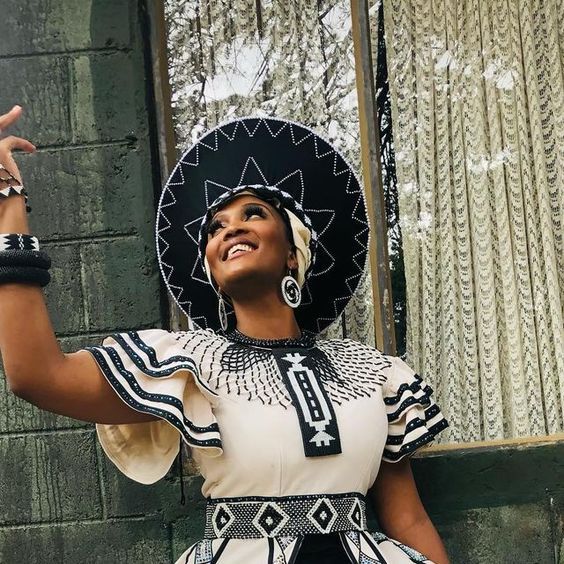
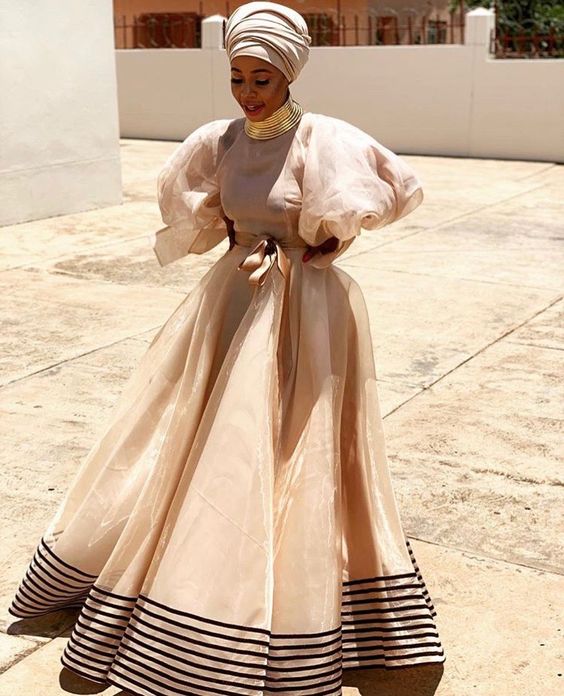
In the ever-evolving landscape of fashion, the allure of Xhosa dresses remains undiminished, capturing the essence of tradition while embracing the spirit of innovation. As we venture into 2024, these iconic garments continue to redefine themselves, reflecting the dynamism and diversity of contemporary African fashion. This article delves into the evolution of Xhosa dresses in the context of the modern era, exploring how they remain both rooted in tradition and forward-thinking in style.
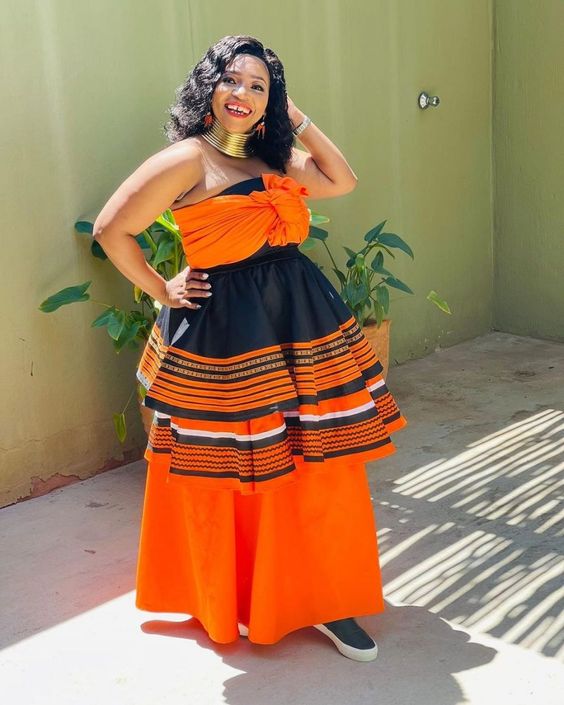


Xhosa dress have always been synonymous with elegance and sophistication, and in 2024, they are redefining what it means to be fashionable. Designers are incorporating modern aesthetics into traditional designs, experimenting with new cuts, fabrics, and embellishments to create Xhosa dress that are at once timeless and cutting-edge. From sleek minimalist designs to bold avant-garde statements, Xhosa dress are embracing a diverse range of styles that cater to the tastes of contemporary fashion enthusiasts.
In an era where sustainability is paramount, Xhosa dress are also embracing eco-friendly practices. Designers are increasingly turning to sustainable materials and ethical production methods, ensuring that Xhosa dress not only look good but also contribute to a more environmentally conscious fashion industry. From organic cottons to recycled fabrics, sustainability is becoming an integral part of the Xhosa dress movement, reflecting a broader shift towards responsible fashion consumption.
Comments are closed.